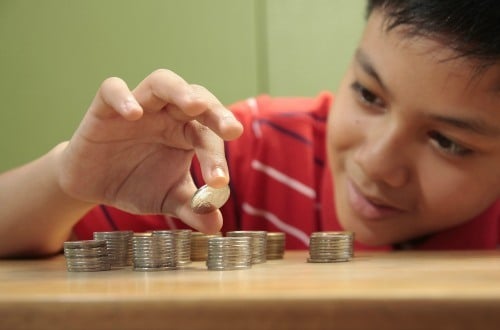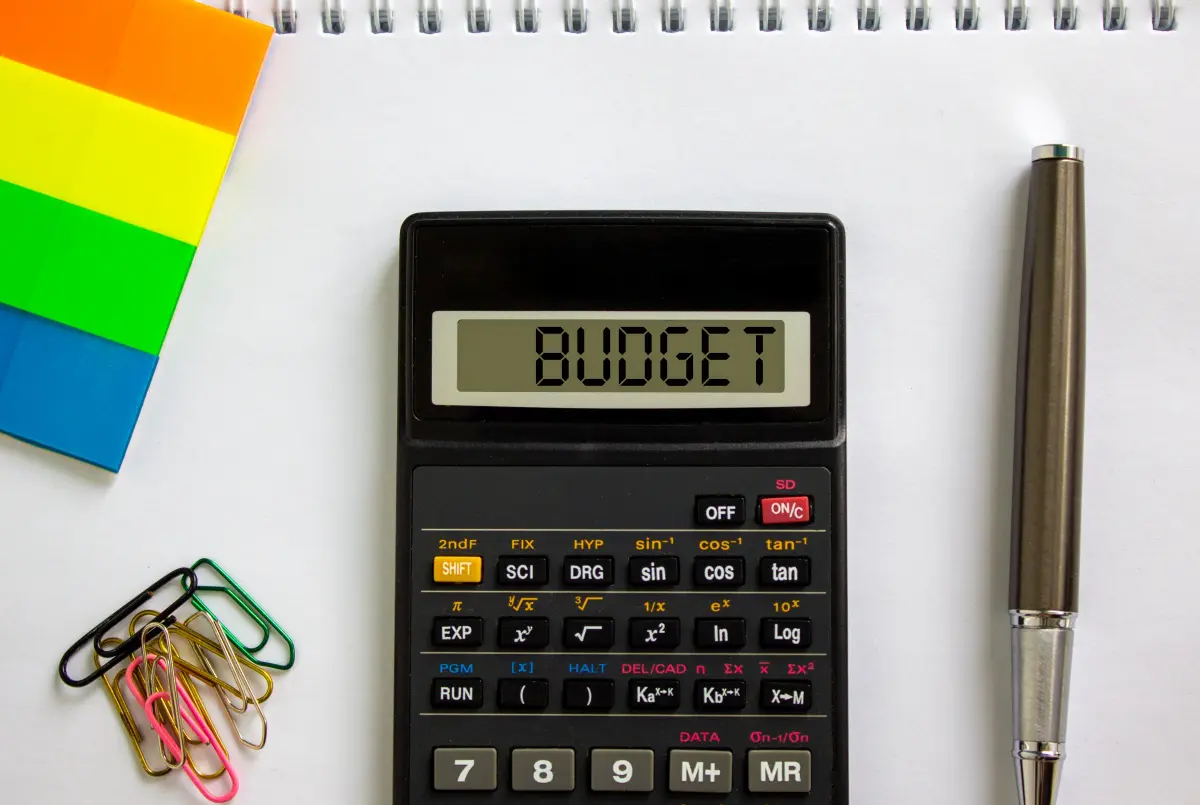Ahmad Mudhakkir
31st May 2016 - 3 min read
The school holidays has recently started, which means plenty of free time for your kids. During this free time, you can choose to send them to cheap, offbeat yet educational spots, or bring them out on holiday with you. Alternatively, you can use this extended time at home to teach your children about financial responsibility with some simple household exercises.
The Balance Sheet Exercise
Being responsible with money requires taking stock of expenses and managing them well. You can introduce your child to that first concept by inviting them to draw up a balance sheet of their income and expenses. It can be a simple list of items they’ve bought with their allowance money and any cash they’ve received either from you or family members.

From here, you can make suggestions for how much you think they should save to afford that toy they want, what kind of expenses you think they’re spending too much on, or just for them to understand their own finances a little better.
The Budgeting Exercise
If your child is not the journaling type, you can try this exercise out. Give them an amount of money that’s larger than their usual allowance and bring them shopping with you. Let them buy whatever they want with the money you’ve given them and see what they come up with at the end of the day.

Afterwards, you take stock of how they used their money and ask them questions on their purchases. Justifying purchases is one way to not only let your child think about how they spend their money, but also allows you to get closer to your child by learning what they value and how.
The Banking Basics Exercise
If your child is not familiar yet with a bank and all its services you can arrange an educational visit to the local bank to learn about all its many functions. With our articles that explain the basics of financial dealings combined with the practical learnings of physically being in a bank, your child can have a well-rounded introduction to the real-world services and importance of banking institutions. You can also help them open up a junior savings account if they don’t already have one.

The school holidays need not be a time where listless kids are wasting their hours on video games and entertainment. Nor is it only a time to study up on their academics. You can also use this time to teach kids important life lessons like financial responsiblity. We hope you can use these tips to empower your child and help your family grow to make smarter, better decisions when it comes to money.
You can check out our savings account comparison tool as well to find the best junior savings account to fit your child’s needs. Do you have anything else to contribute to this article? Do share your thoughts with us in the comments section down below!









Comments (0)